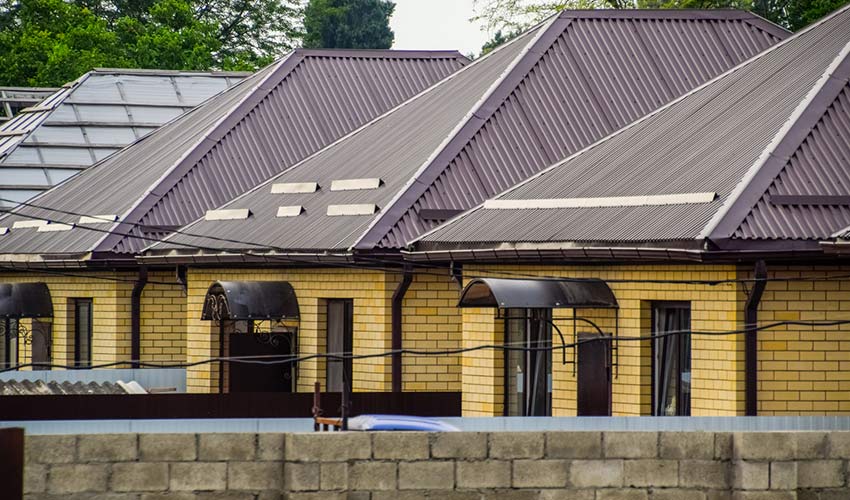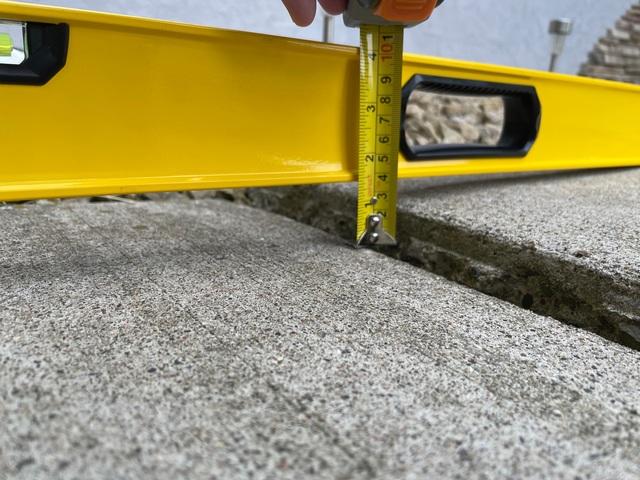
Concrete contractors in North Carolina should not only offer high-quality work but also be insured. You can be sure that your money will not be stolen by them. Also, North Carolina's mild climate and low humidity make it ideal for concrete-related building. You can find a list of North Carolina concrete contractors here. Continue reading to find out more about hiring a concrete contractor. Before you make your final decision, be sure to check these tips:
Concrete contractors require experience
Concrete contractors in North Carolina require experience. However, a bachelor’s degree may not necessarily be necessary. You can obtain a formal apprenticeship through unions or technical schools. These programs can help you acquire specific skills and experiences that you can put to use when you're ready to start work. This type is typically three to 4 years long and will include both classroom training and practical experience. A member of the Construction Industry Association is a great benefit.
North Carolina concrete contractors should be able provide references from past clients. Look for contractors that have professional certifications. Some certifications are mandatory for certain projects, while others are merely a way to distinguish yourself from competitors. The certifications you choose should reflect the type of concrete contracting you plan to undertake. These contractors can help you make informed decisions and provide you with a better understanding about how to choose a concrete contracting company. It is vital to get the certifications you need in order for your success.

Low humidity
Low humidity can not only cause health problems but also make it more difficult to breathe. Cold weather is likely to cause cracked lips and sore throats. You can even experience nosebleeds. This problem is more severe in winter, early spring and autumn when the humidity can be very low. Static electricity can also indicate low humidity. You can avoid this by taking a moment to learn more about how to manage it.
The climate and the season are important factors when choosing a North Carolina concrete contractor. Although summer is a great time to start construction projects, crews and managers want longer days and more pleasant weather. Although there are no major concrete problems in summer, excessively hot weather can lead to problems. The mix and the installation process might need to be altered if the temperature reaches 90 degrees or above to prevent any deterioration.
Mild temperatures
Springtime can be a great time to start concrete projects. However, concrete contractors can find it very busy. Fulford & Jones, Inc. is aware of this problem and works closely with customers to minimize scheduling conflicts. These factors are crucial for producing high-quality concrete. They prefer mild temperatures and low levels of humidity. Low humidity and low temperatures are the best methods to get the best concrete results.
Liability insurance
General liability insurance is required for concrete contractors. This insurance protects your rights in the event that you are sued by someone for an injury or accident while working on the job. Concrete construction sites can be dangerous and the equipment used to make them can inflict injuries. You may be responsible for the medical bills and wage replacement of anyone who is injured on your job. This can be avoided if you have liability insurance.

You will also need liability insurance. Workers' compensation insurance is also required. You will need workers' compensation insurance in almost all places. In some cases, it's also a good idea to carry employee practice liability insurance, as it can help cover defense costs and lawsuit settlements. Liability insurance for concrete contractors in North Carolina can be tricky, but it's worth it to protect yourself.
FAQ
What is a Service Contract Agreement?
A Service Contract Agreement (SCA) is an agreement between two parties to provide services to each other. The SCA defines the services and determines how much effort and time should be spent on them. It also specifies who pays for them and when and where they should start. It also defines what happens if one party violates the agreement's obligations.
Do you have any other suggestions?
Yes. Please check your local laws for details about what projects you are allowed to do and the conditions that you need. Some states require that you obtain council approval to build. Some states only require you to notify them about your plans. To find out their position on the matter, check with your local authorities.
What does my SCA include?
The SCA will provide details about the scope of work needed. These include what time it will take and what materials, equipment, and special permits.
Is there a limit on the amount I can spend on this project?
No. No. The contractor may be willing to negotiate a lower price.
Can I cancel my contract at any point?
Yes, but you must do it within 14 days after signing the contract. Your contract can be terminated by providing written notice no later than 7 working days before the specified end date. In some cases, however, you might still owe contractor money for work done.
Do I need to sign anything before I start work?
Yes, the SCA must be signed in both cases. This means that either party cannot change their mind after signing the SCA without the consenting party.
Is a Service Contract a Warranty?
A service contract does not constitute a warranty. A service contract is an agreement between two people to exchange goods or services. In this instance, the customer agrees that he will cover the costs of replacement or repair if the product doesn't perform as expected. This type contract is also known to be called a maintenance agreement.
Statistics
- (v) Place or places of performance of the prime contract and first-tier subcontracts estimated at $10 million or more, if known. (acquisition.gov)
- (1) Ascertain the extent to that offers are based on the payment of overtime and shift premiums; and (2) Negotiate contract prices or estimated costs without these premiums or obtain the requirement from other sources. (acquisition.gov)
- Depending on the client's trustworthiness and financial stability, a deposit is usually 10 to 50% of the total contract amount. (lawdepot.com)
- Reasonable late fees go up to 25% per year on unpaid sums. (lawdepot.com)
- Don't take their anger personally, they are mad about the situation 99% of the time. (activatemylicense.com)
External Links
How To
What should a Service Agreement include?
A Service Agreement (SA) is essential to any business relationship. It sets out what you expect from one another and how you intend to achieve these expectations. The SA also specifies when and where you expect each party to fulfill its contractual obligations.
A successful SA must include these key elements:
-
Both parties will agree to the scope of work.
-
Payment terms details, including start date and expiration dates for goods/services.
-
A price agreed upon for the project.
-
Additional charges such as VAT and other fees may apply.
-
Whether there are other topics that require discussion.
-
Who will be held responsible for any problems that may arise on the job?
-
How disputes will be settled
-
What happens if a party breaches the contract.
-
What happens when there is a disagreement?
-
When does this contract go into effect
-
What happens if one party fails to perform?
-
How long do you have to pay invoices?
-
Who pays for things like travel expenses.
-
Where the money comes.
-
What happens if the client decides to change his mind about the project.
-
What happens when the supplier doesn’t show up.
-
Who has access to the site during construction?
-
What happens when the customer cancels a project?
-
What happens when the product is defective?
-
What happens if the supplier refuses to sell parts?
-
What happens when the equipment stops working?
-
What happens if the project takes longer than expected.
-
What happens if the work isn’t completed within the stipulated time?
-
What happens if the project is not up to standard?
-
What happens if costs exceed expectations?
-
What happens if you don't receive your materials on time?
-
What happens if the material arrives damaged.
-
What happens if the products aren't up to standard?
-
What happens if the job is canceled before completion.
-
What happens to the company if it goes bust?